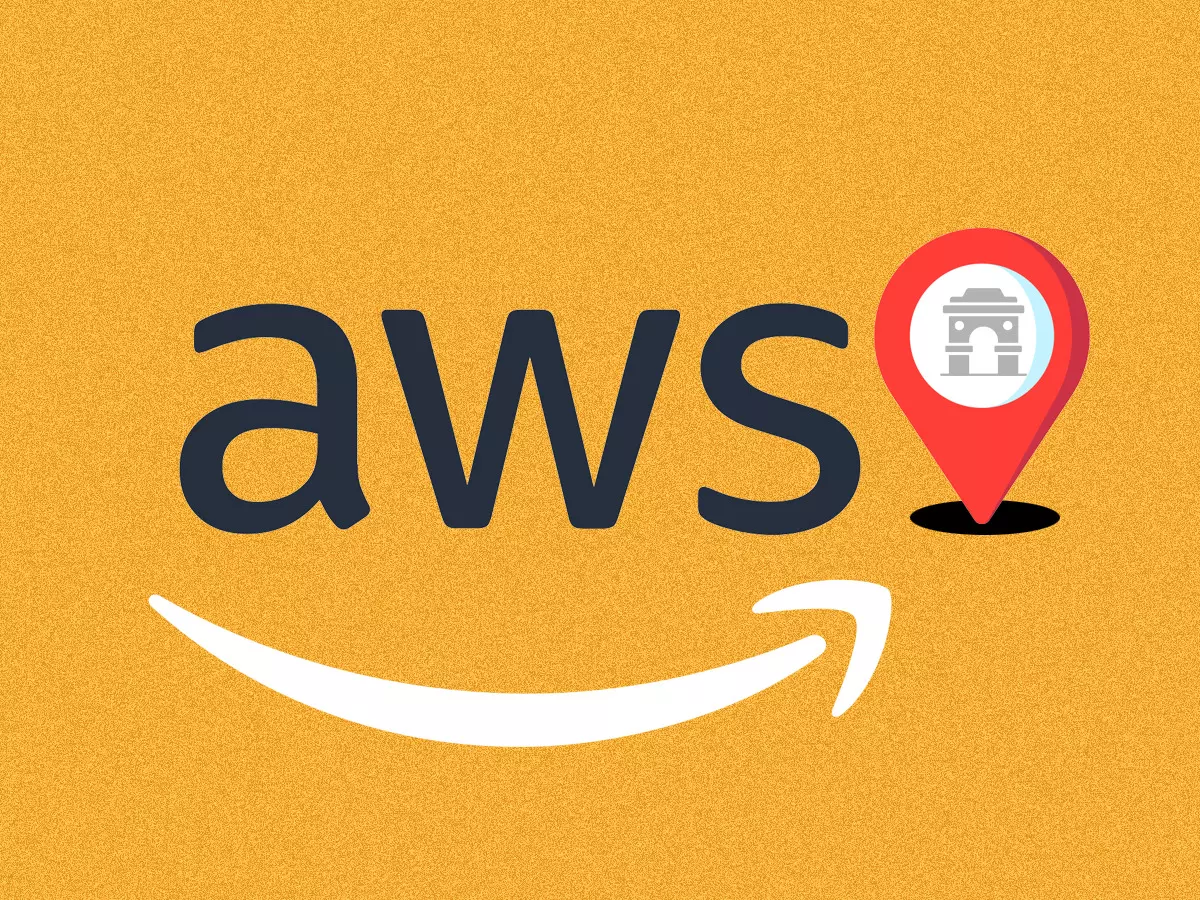AWS local zone launched in Delhi
Amazon Web Services, Inc. (AWS), an Amazon.com, Inc company, announced the launch of a new AWS local zone in Delhi, India. AWS local zones are a type of infrastructure deployment that places AWS compute, storage, database, and other services near large population, industry, and information technology (IT) centers enabling customers to deploy applications that require single-digit millisecond latency to end users or on-premises data centers.
image for illustrative purpose

Delhi Amazon Web Services, Inc. (AWS), an Amazon.com, Inc company, announced the launch of a new AWS local zone in Delhi, India. AWS local zones are a type of infrastructure deployment that places AWS compute, storage, database, and other services near large population, industry, and information technology (IT) centers enabling customers to deploy applications that require single-digit millisecond latency to end users or on-premises data centers.
Customers can run workloads with low latency requirements on AWS local zones while seamlessly connecting to the rest of their workloads running in AWS Regions. This launch marks the first international expansion of AWS Local Zones outside the U.S. and includes new locations in Delhi and Taipei, Taiwan. AWS now has 19 AWS local zones around the world, with announced plans to launch 31 more local zones globally over the next two years, including additional AWS local zones in India, in the cities of Chennai, Bengaluru, and Kolkata. Puneet Chandok, President of commercial business of AWS India and South Asia at Amazon Internet Services Pvt Ltd, said: "We've designed AWS Local Zones to support a broad range of use cases—from trading applications that must respond quickly to market fluctuations to interactive live events and gaming experiences. The launch of an AWS Local Zone in Delhi is a continuation of our investment to support customers running all types of workloads by bringing the most secure, extensive, and reliable cloud infrastructure to more locations in India."
For applications that require single-digit millisecond latency, the location of cloud infrastructure matters. Most customer workloads run in an AWS Region, a geographic location where AWS clusters data centers to serve customers. However, when a Region is not close enough to meet low latency or data residency preferences, customers need AWS infrastructure closer to their data source or end users. Organizations have traditionally maintained these location-sensitive workloads on premises or in managed data centers that require customers to procure, operate, and maintain their own IT infrastructure, and use different sets of APIs and tools for their on- premises and AWS environments.

